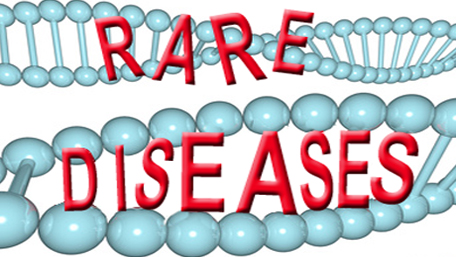
06/01/2021
Hot Topics of the Day are picked by experts to capture the latest information and publications on public health genomics and precision health for various diseases and health topics. Sources include published scientific literature, reviews, blogs and popular press articles.
Sign up MyPHGKB to receive the daily hot topic email alert.
Archived Hot Topics of the Day By Date
The UGT2A1/UGT2A2 locus is associated with COVID-19-related anosmia
JF Shelton et al, MEDRXIV, May 31, 2021
India’s COVID crisis flags need to forecast variants
A Agrawal, Nature News, June 1, 2021
Mendelian randomization analyses show that higher acetyl-carnitine and carnitine levels in blood protect against severe Covid19
N Kazmi et al, MEDRXIV, May 31, 2021
Correlation of vaccine-elicited antibody levels and neutralizing activities against SARS-CoV-2 and its variants
J Liu et al, BIORXIV, May 31, 2021
Solving patients with rare diseases through programmatic reanalysis of genome-phenome data
L Matalonga et al, EJHG, June 1, 2021
Solve-RD: systematic pan-European data sharing and collaborative analysis to solve rare diseases
B Zurek et al, EJHG, June 1, 2021
Disclaimer: Articles listed in Hot Topics of the Day are selected by Public Health Genomics Branch to provide current awareness of the scientific literature and news. Inclusion in the update does not necessarily represent the views of the Centers for Disease Control and Prevention nor does it imply endorsement of the article's methods or findings. CDC and DHHS assume no responsibility for the factual accuracy of the items presented. The selection, omission, or content of items does not imply any endorsement or other position taken by CDC or DHHS. Opinion, findings and conclusions expressed by the original authors of items included in the Clips, or persons quoted therein, are strictly their own and are in no way meant to represent the opinion or views of CDC or DHHS. References to publications, news sources, and non-CDC Websites are provided solely for informational purposes and do not imply endorsement by CDC or DHHS.
- Page last reviewed:Feb 1, 2024
- Page last updated:Apr 18, 2024
- Content source:



